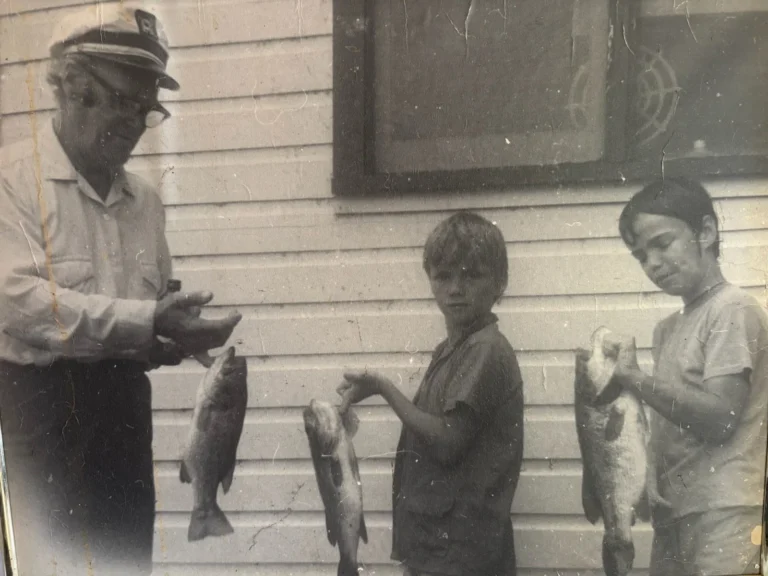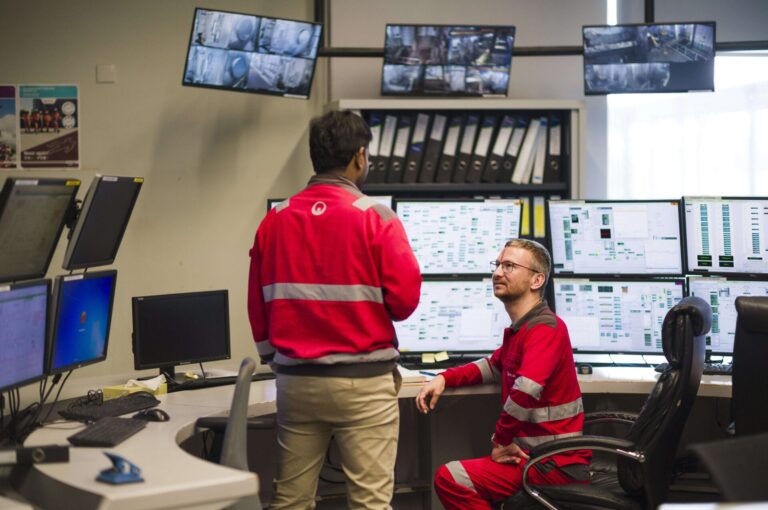Nowadays, buzzwords like “complexity,” “systems thinking,” and “resilience” come up frequently in watershed management discussions. This is good news, of course. Our shifting vocabularies reflect a growing recognition that watershed management requires systems-based and integrated approaches. But, for many, going beyond the buzzwords to actually walk the walk remains a challenge.
Planning is important, of course. Integrated watershed management planning, in particular, can help communities to identify issues, recommend broad-based solutions, and take coordinated action. But planning is a means to an end, not the end in itself. Insights from the field of social innovation—a way of initiating and navigating social change—suggest that planning-based approaches to our most complex social-ecological challenges (like climate change, water management, and biodiversity loss) are falling short.
Addressing complexity
In recent years, social innovation labs have emerged as a promising alternative to planning-based approaches. Social labs are rooted in the premise that overcoming complex and shared societal challenges requires approaches that are participatory, systemic, and creative. Similar to how research labs are used to incubate and experiment with new ideas in the realms of science, medicine, and technology, a social lab aims to generate and implement new ideas in the social realm.
Social labs are knowledge, relationship, and action accelerators. In essence, a lab is a diverse group of committed people who gather regularly to develop a common understanding of a problem and then work together to actively design and test solutions through prototyping. Intended to be long-term platforms for collaboration, the world’s longest running social lab, the global Sustainable Food Lab, is in its 11th year, whereas other labs frequently run for two to three years. Importantly, social labs aren’t just about learning or brainstorming. There is a clear focus on implementation and “learning by doing.”
Experience in other global contexts indicates that social labs are more than just the new kid on the block. They deliver results too. Research by the Rockefeller Foundation, for example, indicates that social labs tend to produce four key outcomes: 1) they support knowledge creation and dissemination; 2) they build capacity for implementation among participants; 3) they foster networks and relationships; and 4) they create and accelerate solutions with a deeper understanding of system dynamics. Internationally, social labs are increasingly popular and have been used to tackle challenges ranging from sustainable food production to child malnutrition to climate change.
A social lab in Alberta
In fall 2014, inspired by the potential of social labs to advance work in watershed management, the Red Deer River Watershed Alliance and Alberta Ecotrust partnered to launch a social lab in central Alberta. Called Project Blue Thumb: Action on Water Quality Issues, the lab brings together a diverse group of stakeholders to tackle surface water and groundwater quality issues in the Red Deer River watershed. This watershed occupies about eight per cent of Alberta’s total land area, is home to around 300,000 people, and faces a range of water quality challenges, ranging from non-point source pollution to groundwater contamination.
Pat Letizia, executive director of Alberta Ecotrust, said, “To us, a lab is an opportunity to rethink the basics of how we collaborate in watershed management circles. We want to design solutions, test them, iterate as we learn, and actively implement them.”
Project Blue Thumb marks the first time a social lab approach has been applied to water quality issues in Alberta. “This is an experiment,” said Jeffrey Hanger, executive director of the Red Deer River Watershed Alliance, “but it is an opportunity to reimagine how we work together to accelerate progress.” Project Blue Thumb is also helping to advance the Red Deer River Watershed Alliance’s efforts to develop an integrated watershed management plan. While the forthcoming plan is an important blueprint for action, the social lab brings together people with the know-how, passion, and tools required to effect real positive change. This hybrid approach to watershed management seeks to get the better of two worlds: a focused plan, supported by strong relationships, and ongoing, adaptive implementation.
The Project Blue Thumb lab team includes invited participants from municipal and provincial governments, the non-profit sector, academia, forestry, and agriculture, who have come together with a common interest in protecting water quality. A two-day launch workshop marked the official kick-off of Project Blue Thumb in April 2015 and was followed by another two-day workshop in June. The lab team is now working on five prototype initiatives, testing their ideas in areas related to, for example, wetland protection and the power of storytelling. The lab team will continue to meet through 2015 and into 2016 and is supported by a team of world-class facilitators from Reos Partners, recognized internationally as pioneers of the social lab approach.
At the close of the second Project Blue Thumb workshop, one lab team member exclaimed, “I feel like I have been to a ‘How to change the world’ boot camp.” To address the root causes driving water quality challenges, perhaps we need a little less planning and a little more changing the world. If plans can’t cut it on their own, then maybe social innovation labs can lend a helping hand. WC











